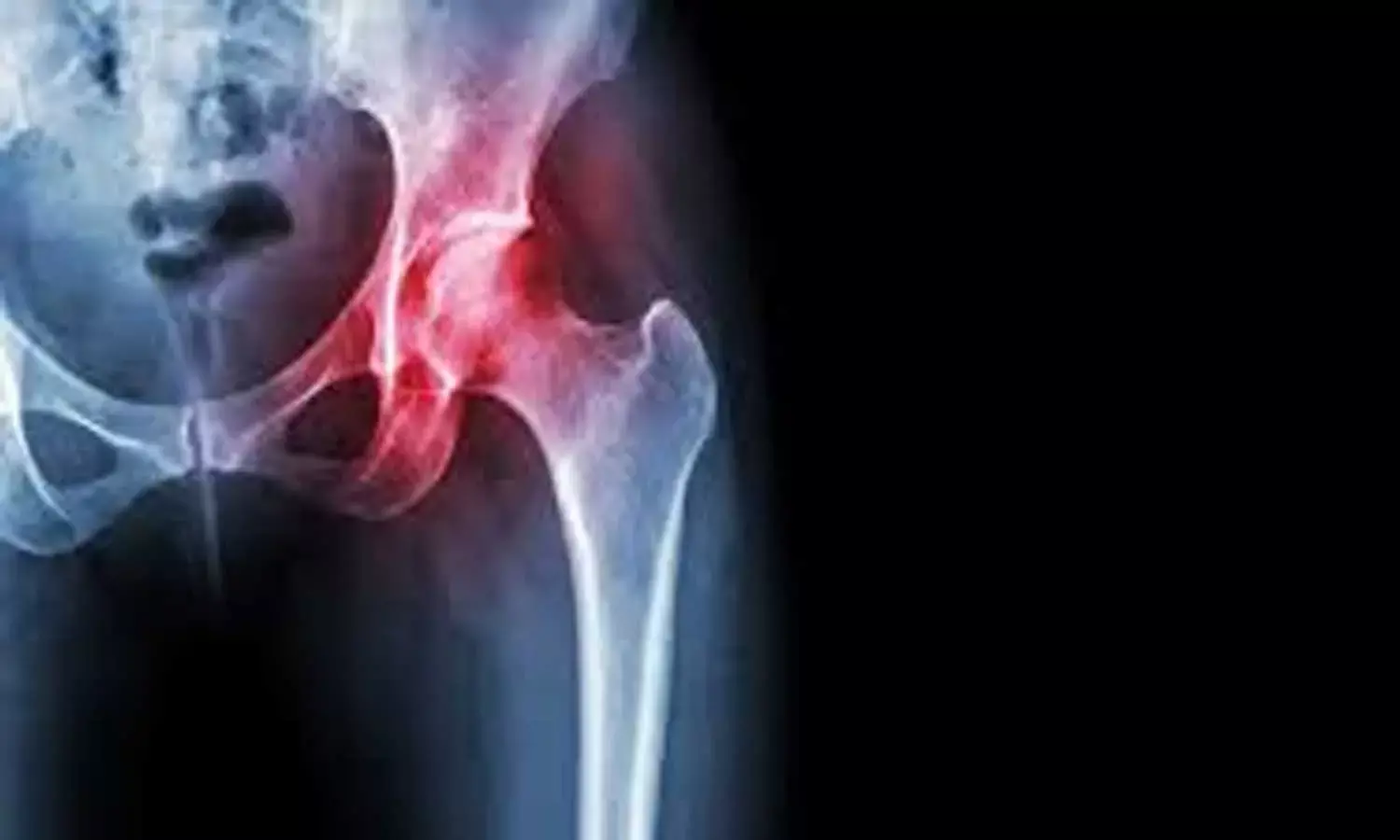- Home
- Medical news & Guidelines
- Anesthesiology
- Cardiology and CTVS
- Critical Care
- Dentistry
- Dermatology
- Diabetes and Endocrinology
- ENT
- Gastroenterology
- Medicine
- Nephrology
- Neurology
- Obstretics-Gynaecology
- Oncology
- Ophthalmology
- Orthopaedics
- Pediatrics-Neonatology
- Psychiatry
- Pulmonology
- Radiology
- Surgery
- Urology
- Laboratory Medicine
- Diet
- Nursing
- Paramedical
- Physiotherapy
- Health news
- Fact Check
- Bone Health Fact Check
- Brain Health Fact Check
- Cancer Related Fact Check
- Child Care Fact Check
- Dental and oral health fact check
- Diabetes and metabolic health fact check
- Diet and Nutrition Fact Check
- Eye and ENT Care Fact Check
- Fitness fact check
- Gut health fact check
- Heart health fact check
- Kidney health fact check
- Medical education fact check
- Men's health fact check
- Respiratory fact check
- Skin and hair care fact check
- Vaccine and Immunization fact check
- Women's health fact check
- AYUSH
- State News
- Andaman and Nicobar Islands
- Andhra Pradesh
- Arunachal Pradesh
- Assam
- Bihar
- Chandigarh
- Chattisgarh
- Dadra and Nagar Haveli
- Daman and Diu
- Delhi
- Goa
- Gujarat
- Haryana
- Himachal Pradesh
- Jammu & Kashmir
- Jharkhand
- Karnataka
- Kerala
- Ladakh
- Lakshadweep
- Madhya Pradesh
- Maharashtra
- Manipur
- Meghalaya
- Mizoram
- Nagaland
- Odisha
- Puducherry
- Punjab
- Rajasthan
- Sikkim
- Tamil Nadu
- Telangana
- Tripura
- Uttar Pradesh
- Uttrakhand
- West Bengal
- Medical Education
- Industry
Diabetes patients may have higher rates of fracture, finds study

Denmark: A recent study has reported higher unadjusted fracture rates in patients with diabetes that decreased between 1997 and 2017, other than vertebral fractures, which increased in all groups. The study appeared in the journal Diabetes Care on January 25 2023.
According to recent estimates, 463 million people are impacted by type 1 and type 2 diabetes worldwide, type 2 diabetes accounts for 90% of all diabetes patients. In the coming decades, the number of patients with type 2 and type 1 diabetes is predicted to increase rapidly. Several studies have shown an increased fragility fracture risk among T1D and T2D patients, with most focusing on the total (nonspecific) fracture risks or major osteoporotic sites of the vertebrae or hip. Also, patients with type 2 and type 1 diabetes have a higher risk of postfracture complications, prolonged fracture healing and higher mortality after a hip fracture.
Against the above background, Andrea M. Burden from the Swiss Federal Institute of Technology (ETH) Zurich in Zurich, Switzerland, and colleagues aimed to set out to investigate trends in incidence rates (IRs) at various fracture sites for type 1 diabetes and type 2 diabetes patients compared with patients without diabetes in Denmark in 1997–2017.
For this purpose, the researchers identified patients aged ≥18 years with a hip, vertebral, foot, forearm, or ankle fracture between 1997 and 2017 from discharge data from a Danish hospital. Over the study period, IRs per 10,000 person-years were calculated. A comparison was made between median IRs for the first (1997–2001) and the last (2013–2017) five years. Age-adjusted IR ratios (IRRs) of fractures were estimated in type 2 and type 1 diabetes patients compared to those without diabetes.
The study revealed the following findings:
- Fracture IRs were higher in type 1 or 2 diabetes patients than those without diabetes, except for foot fractures.
- There was a decline in hip fracture IRs between the first and last five years by 47.0%, 35.2%, and 23.4% among patients with type 2, 1, and without diabetes, respectively. By contrast, vertebral fracture IRs increased 18.5%, 14.8%, and 38.9%, respectively.
- While age-adjusted IRRs remained increased in patients with type 1 diabetes compared with patients without diabetes, IRRs in patients with type 2 diabetes converged with those observed in patients without diabetes.
"Our findings confirmed higher fracture rates in type 1 diabetes patients than those without diabetes," the authors added. "In T1D and T2D patients, the incidence of major osteoporotic fractures has declined or appears to be stable apart from clinical vertebral fractures, as well in patients without diabetes."
The researchers suggested that declining trends may be due to better diabetes management, including awareness of increased fracture risk in diabetes, fracture prevention measures, and antidiabetic treatments.
The higher incidence of major osteoporotic fractures, specifically hip fractures, in type 1 diabetes needs further attention, including studies of fracture prevention in diabetes and implementing fracture prevention measures in clinical practice. Furthermore, there is a need to investigate fracture rates in subgroups of type 2 diabetes.
Reference:
Annika Vestergaard Kvist, Mohamad I. Nasser, Peter Vestergaard, Morten Frost, Andrea M. Burden; Site-Specific Fracture Incidence Rates Among Patients With Type 1 Diabetes, Type 2 Diabetes or Without Diabetes in Denmark (1997–2017). Diabetes Care 2023; dc221004. https://doi.org/10.2337/dc22-1004
Dr Kamal Kant Kohli-MBBS, DTCD- a chest specialist with more than 30 years of practice and a flair for writing clinical articles, Dr Kamal Kant Kohli joined Medical Dialogues as a Chief Editor of Medical News. Besides writing articles, as an editor, he proofreads and verifies all the medical content published on Medical Dialogues including those coming from journals, studies,medical conferences,guidelines etc. Email: drkohli@medicaldialogues.in. Contact no. 011-43720751


